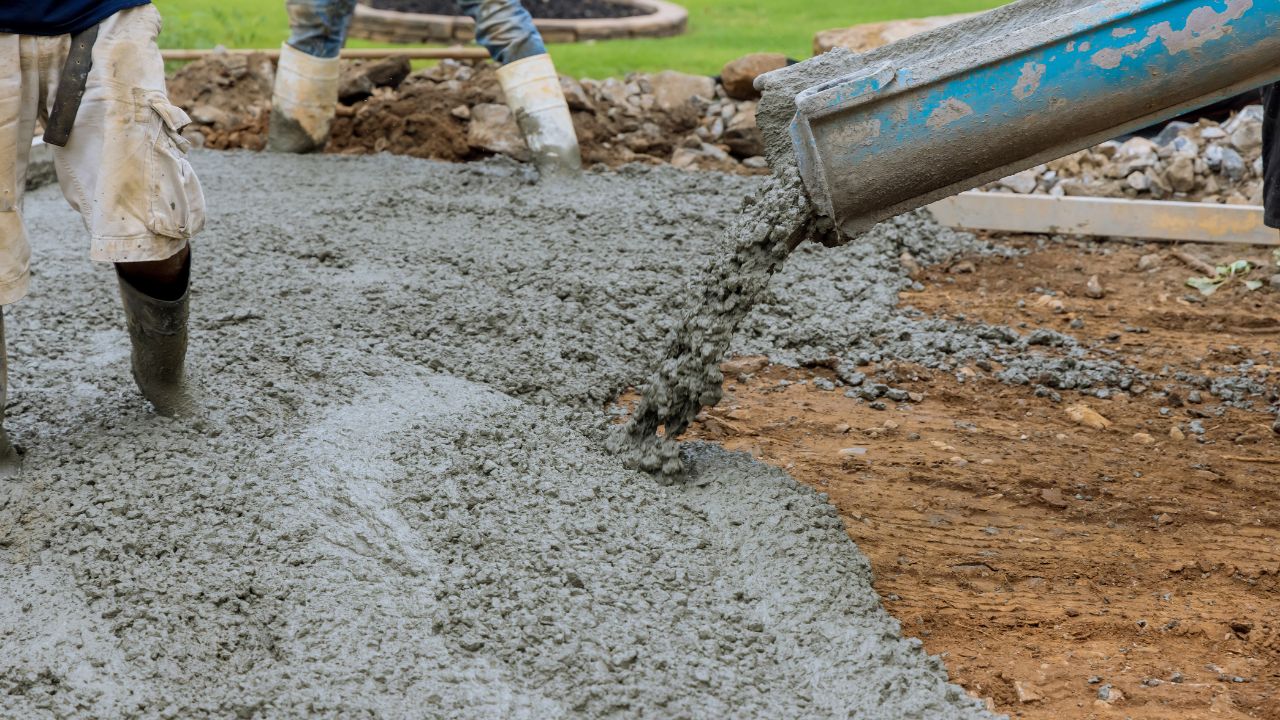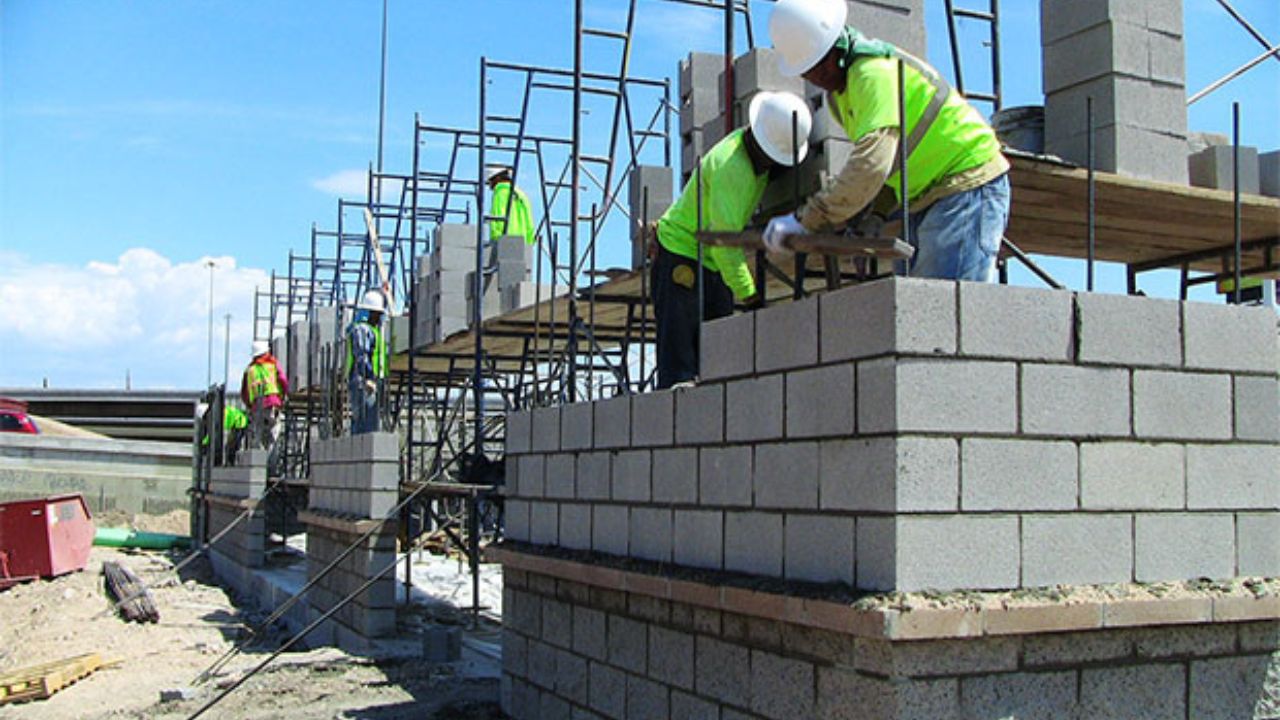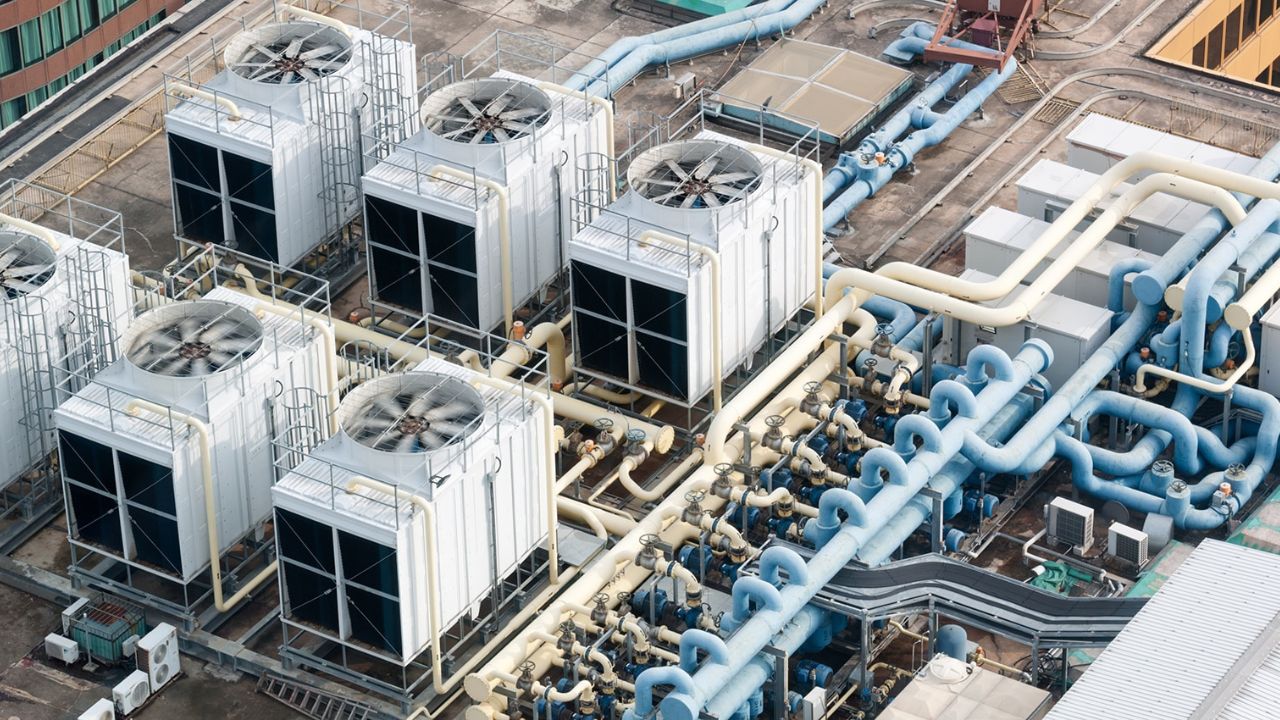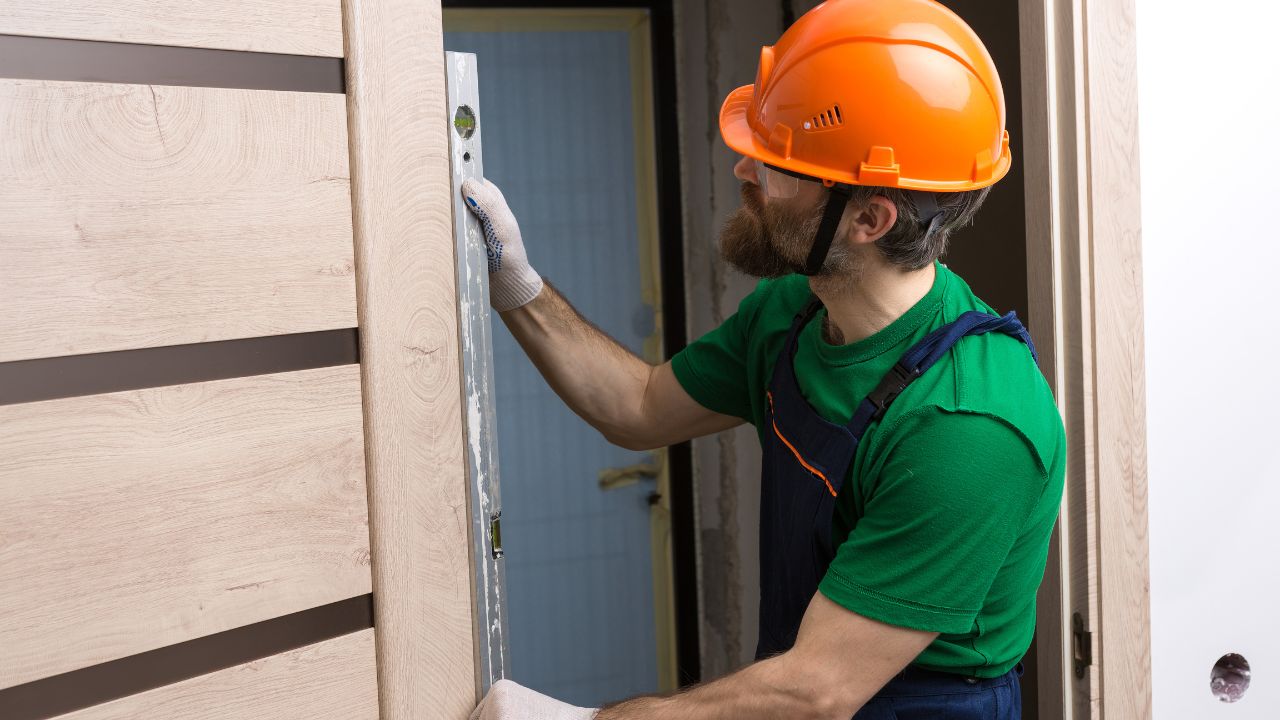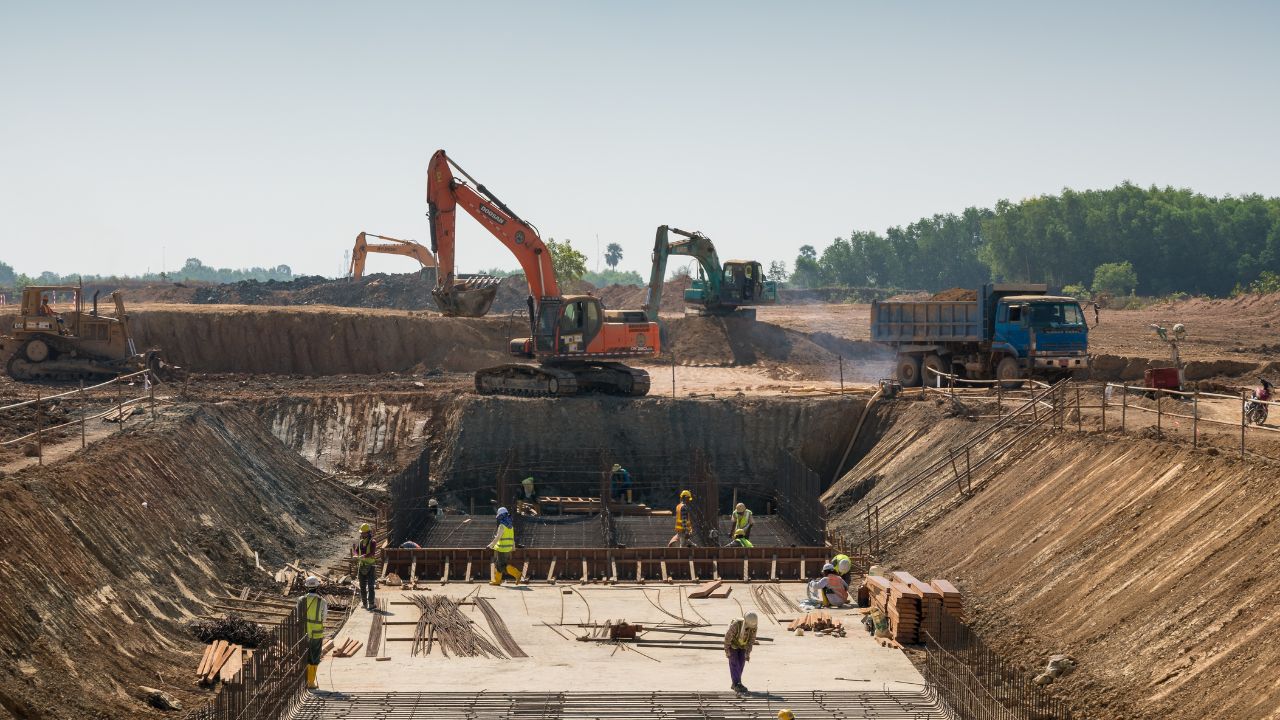Estimating the cost of a roofing project is crucial for homeowners and contractors alike. A precise roofing cost estimate ensures that budgets are set realistically, finances are secured effectively, and the project is completed without financial strain. For broader roofing projects, use a general roofing cost estimator to refine your budget. This guide offers a comprehensive overview of the factors that influence roofing costs and includes a detailed cost estimator to help you plan your project efficiently. Understanding these elements allows stakeholders to make informed decisions, avoid unexpected expenses, and ensure the project proceeds smoothly. Proper roofing cost estimation contributes to the structural integrity, safety, and aesthetic appeal of your property.
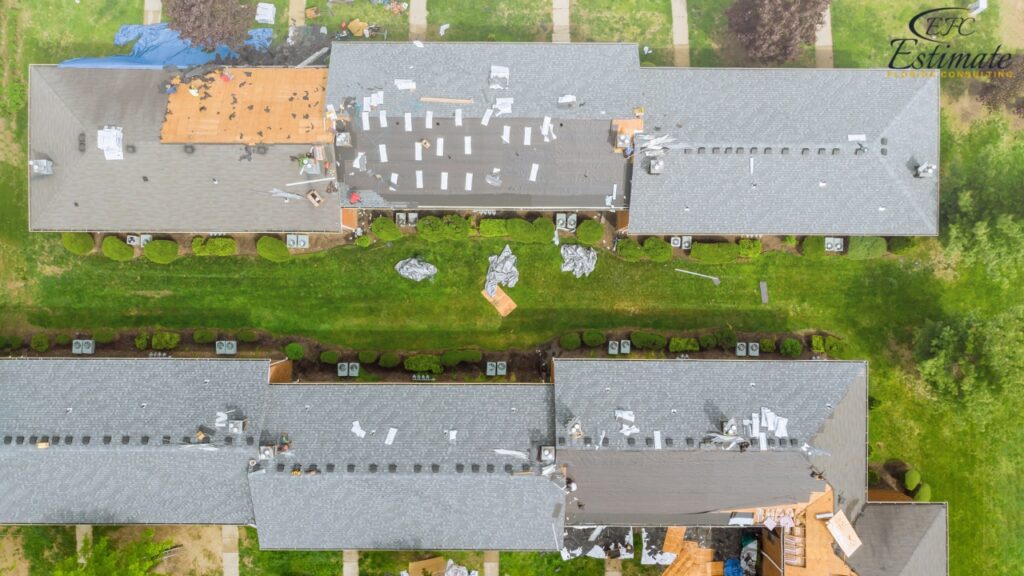
Factors Influencing Roofing Costs
Several factors influence the cost of a roofing project. These include the type of roofing material, the size and complexity of the roof, labor costs, location, and additional features such as skylights or insulation. Understanding these factors helps in estimating the total cost accurately and planning the project efficiently. Each factor plays a crucial role in determining the overall budget, and careful consideration of these aspects can lead to more effective resource allocation and project management. By thoroughly analyzing these elements, project managers can anticipate potential challenges and develop strategies to mitigate them, ensuring a smoother construction process.
Type of Roofing Material
The type of roofing material used significantly impacts the overall cost. Different materials offer varying levels of durability, insulation, and aesthetic appeal. Choosing the right material depends on your specific needs and budget.
The choice of material significantly impacts roofing costs.
Material Type | Cost per Square | Total Cost (for 2,000 sq ft) |
Asphalt Shingles | $196 – $392 | $3,920 – $7,840 |
Metal Roofing | $392 – $784 | $7,840 – $15,680 |
Wood Shingles/Shakes | $490 – $980 | $9,800 – $19,600 |
Clay Tiles | $784 – $1,568 | $15,680 – $31,360 |
Slate Roofing | $980 – $1,960 | $19,600 – $39,200 |
- Asphalt Shingles: $196 – $392 per square. Asphalt shingles are the most common roofing material due to their affordability and ease of installation. They come in various styles and colors, offering flexibility in design.
- Metal Roofing: $392 – $784 per square. Metal roofing is durable, fire-resistant, and energy-efficient. It can last significantly longer than asphalt shingles and is available in various styles, including panels and shingles.
- Wood Shingles/Shakes: $490 – $980 per square. Wood shingles and shakes offer a natural, rustic look but require more maintenance than other materials. They are susceptible to rot and insects, making them less durable in certain climates.
- Clay Tiles: $784 – $1,568 per square. Clay tiles are highly durable and provide a distinctive, traditional look. They are heavy and require a strong roof structure to support their weight.
- Slate Roofing: $980 – $1,960 per square. Slate is one of the most durable roofing materials available, with a lifespan of over 100 years. It is also one of the most expensive options due to its weight and the skill required for installation.
Want to Start Your Project with the Best Contractors?
Let’s Take Your Projects to the Next Level.
& What's you will get:
- Connecting You to Top Local Contractors
- Professional Consulting, Contractors Near You
- From Expert Advice to Local Contractor Connections
Contact Now
Let's discuss with a cup of coffe
Size and Complexity of the Roof
The size and complexity of the roof are critical factors in determining the overall cost. Larger roofs require more materials and labor, and complex designs or structural requirements increase costs due to additional engineering and specialized installation techniques.
The size and complexity of the roof are critical factors in determining the overall cost.
Roof Size | Cost Range |
Small Roofs | $29,400 – $58,800 |
Medium Roofs | $58,800 – $176,400 |
Large Roofs | $176,400 – $352,800+ |
- Small Roofs (up to 1,500 sq ft): $29,400 – $58,800. Small roofs typically include single-story homes or small additions. The reduced complexity of these projects generally means fewer unexpected challenges and a quicker completion time.
- Medium Roofs (1,500 to 3,000 sq ft): $58,800 – $176,400. Medium-sized roofs often involve more complex designs and additional structural requirements. These projects might include multi-story homes or larger residential additions.
- Large Roofs (3,000+ sq ft): $176,400 – $352,800+. Large roofs such as entire home builds or large commercial spaces involve significant planning efforts and coordination among multiple stakeholders. These projects often require extensive regulatory approvals, detailed engineering designs, and meticulous project management.
Labor Costs
Labor costs vary based on the complexity of the project and the location. Skilled labor is essential for ensuring quality roofing installation, and wages can differ significantly from one region to another. Investing in skilled labor can prevent costly mistakes and rework, ensuring the project is completed to the highest standards.
Labor costs vary based on the complexity of the installation and the location.
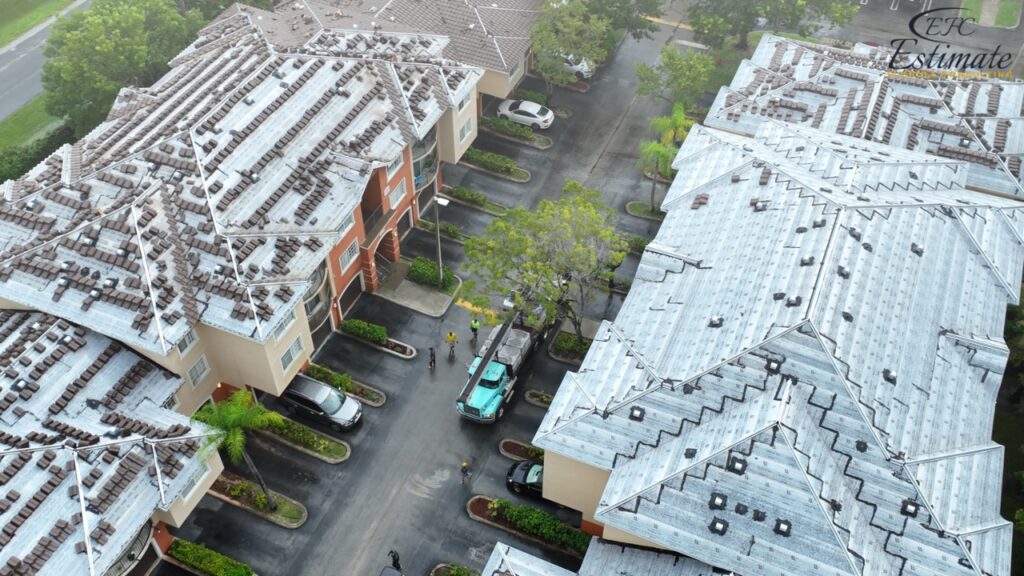
Labor Type | Cost per Hour | Total Cost (for 200 hours) |
Unskilled Labor | $49 – $78 | $9,800 – $15,600 |
Skilled Labor | $98 – $147 | $19,600 – $29,400 |
Specialized Labor | $147 – $196 | $29,400 – $39,200 |
Total | $49 – $196 | $58,800 – $84,200 |
- Unskilled Labor: $49 – $78 per hour. Unskilled labor is used for basic tasks such as carrying materials and assisting skilled workers. While these tasks do not require specialized skills, they are essential for supporting the overall installation process.
- Skilled Labor: $98 – $147 per hour. Skilled labor is necessary for tasks that require specific expertise, such as precise measurements, alignment, and securing roofing materials. Skilled workers ensure that the installation is performed correctly, preventing issues such as leaks or structural weaknesses.
- Specialized Labor: $147 – $196 per hour. Specialized labor includes professionals such as roofers with advanced skills in specific areas of the project. These workers are critical for achieving high-quality finishes and ensuring the structural integrity of the roof.
Location
The location of the property affects costs due to variations in labor rates and local regulations. Urban areas typically have higher costs compared to suburban or rural locations. The availability of resources and proximity to suppliers also play a role in determining location-based costs. Understanding the impact of location on costs helps in planning and budgeting more effectively.
- Urban Areas: Higher labor costs and more stringent regulations. Urban construction projects benefit from easy access to amenities and services but come with higher overall expenses. The increased demand for skilled labor and premium materials in urban areas drives up costs. Additionally, urban projects may face more stringent building codes and zoning laws, adding to the complexity and cost.
- Suburban Areas: Moderate costs, balanced access to materials and labor. Suburban areas offer a compromise between cost and convenience, making them a popular choice for many projects. These areas typically have lower regulatory hurdles and labor costs compared to urban centers, making them more cost-effective while still offering good access to suppliers and services.
- Rural Areas: Lower costs, but potentially higher transportation expenses for materials. Rural projects can be more cost-effective, but logistical challenges may increase certain expenses. The distance from suppliers and the availability of skilled labor can affect overall project costs, and rural locations may also face unique environmental challenges that need to be addressed.
Get High-Quality 3D Rendering Today!
Transform your space with stunning 3D rendering that blends style, comfort, and functionality.
We Specialize in Both Residential and Commercial 3D Rendering Projects.
- Luxury Villas
- Apartment Complexes
- Condominiums
- Educational Centers
- Office Buildings
- Shopping Malls
- Hospitals
- Hotels & Resorts
Additional Features
Additional features such as skylights, insulation, or special finishes can increase the overall cost of the roofing project. These features add functionality and aesthetic value but require careful planning and budgeting. While additional features can enhance the performance and appearance of the finished project, they can also significantly increase the complexity and cost of the installation.
Additional features can significantly impact the overall cost of roofing.
Feature | Cost per Unit | Total Cost (for 2,000 sq ft) |
Skylights | $490 – $1,960 | $980 – $3,920 |
Insulation | $1.96 – $5.88 | $3,920 – $11,760 |
Special Finishes | $2.94 – $7.84 | $5,880 – $15,680 |
- Skylights: $490 – $1,960 each. Skylights provide natural light and can enhance the aesthetic appeal of the roof but require proper installation to prevent leaks.
- Insulation: $1.96 – $5.88 per square foot. Insulation improves energy efficiency and comfort by reducing heat transfer between the interior and exterior of the building.
- Special Finishes: $2.94 – $7.84 per square foot. Special finishes such as reflective coatings or custom colors enhance the appearance and performance of the roofing materials.
Total Estimated Cost
Summarizing all the costs provides a comprehensive view of the total investment required for roofing installation. This overall estimate allows stakeholders to plan their finances, secure necessary funding, and ensure that the project can proceed without financial interruptions. By understanding the detailed cost breakdown, stakeholders can allocate resources more effectively and make informed decisions to keep the project on track and within budget.
Cost Category | Total Estimated Cost |
Type of Materials | $3,920 – $39,200 |
Size and Complexity | $29,400 – $352,800+ |
Labor Costs | $58,800 – $84,200 |
Additional Features | $980 – $15,680+ |
Total | $93,100 – $491,880+ |
Additional Considerations
Environmental Impact
Sustainable practices and eco-friendly materials can reduce the environmental impact of roofing installation. Although these choices may come at a higher initial cost, they offer long-term savings through durability and reduced maintenance. Implementing green building certifications can also increase the property’s value and appeal to environmentally conscious buyers. Choosing materials with low environmental impact, utilizing sustainable practices, and opting for eco-friendly finishes are all ways to enhance the sustainability of the project.
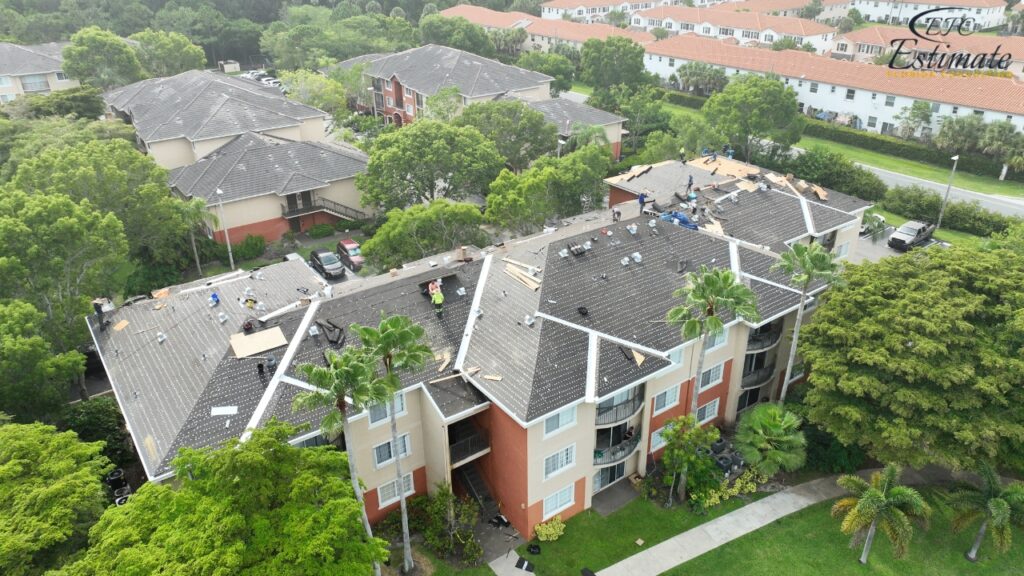
This approach not only benefits the environment but also contributes to a healthier living or working environment, providing long-term value to property owners and occupants.
Project Management
Effective project management is essential for controlling costs and ensuring timely completion. This includes detailed planning, regular monitoring, and coordination between different teams. Hiring a competent project manager can save money by avoiding delays, reducing waste, and ensuring that all aspects of the project meet the required standards. A project manager also ensures that communication among all stakeholders is clear and efficient, helping to resolve issues quickly and maintain project momentum. Proper project management can prevent costly mistakes and rework, ensuring that the project is completed within budget and on schedule, leading to higher satisfaction for all parties involved.
Contingency Planning
Unexpected issues can arise during roofing installation, making it essential to include a contingency fund in the budget. This fund covers unforeseen expenses such as delays, design changes, or additional materials. Allocating around 10-15% of the total budget for contingencies can help manage these surprises and keep the project on track. Proper contingency planning ensures that the project can continue smoothly even when unexpected challenges arise, minimizing delays and additional costs. This proactive approach to risk management can save significant time and money in the long run, ensuring a successful project outcome and reducing stress for stakeholders.
Get 5 New Leads Next 7Days With Our System
- Multi-Family Building
- Hotel Building
- Hospital Building
- Warehouse Building
- High-Rise Building
- Shopping Complex
Conclusion
Estimating roofing costs accurately is vital for the success of any construction or renovation project. By understanding the various factors that influence costs and using a detailed cost estimator, you can plan your project effectively and ensure it stays within budget. Whether you are undertaking a residential, commercial, or industrial project, careful planning and budgeting are key to achieving high-quality, timely, and cost-effective results. Investing in skilled professionals, quality materials, and effective project management will help you achieve a successful and sustainable roofing installation. The effort put into pre-construction planning lays a strong foundation for the entire project, leading to better outcomes and greater satisfaction for all stakeholders.
FAQs
Estimating the cost of a roofing project ensures that budgets are set realistically, finances are secured effectively, and the project is completed without financial strain. Proper estimation helps in making informed decisions, avoiding unexpected expenses, and ensuring the smooth progression of the project.
Several factors influence roofing costs, including the type of roofing material, the size and complexity of the roof, labor costs, location, and additional features such as skylights or insulation. Each of these factors plays a crucial role in determining the overall budget.
The type of roofing material significantly impacts the overall cost. Different materials offer varying levels of durability, insulation, and aesthetic appeal. For instance:
- Asphalt Shingles: $196 – $392 per square
- Metal Roofing: $392 – $784 per square
- Wood Shingles/Shakes: $490 – $980 per square
- Clay Tiles: $784 – $1,568 per square
- Slate Roofing: $980 – $1,960 per square
The size and complexity of the roof are critical factors in determining the overall cost. Larger roofs require more materials and labor, and complex designs increase costs due to additional engineering and specialized installation techniques. For example:
- Small Roofs (up to 1,500 sq ft): $29,400 – $58,800
- Medium Roofs (1,500 to 3,000 sq ft): $58,800 – $176,400
- Large Roofs (3,000+ sq ft): $176,400 – $352,800+
Labor costs vary based on the complexity of the installation and the location. Skilled labor is essential for quality roofing installation, with wages differing significantly by region. Labor costs are typically:
- Unskilled Labor: $49 – $78 per hour
- Skilled Labor: $98 – $147 per hour
- Specialized Labor: $147 – $196 per hour
Location affects costs due to variations in labor rates and local regulations. Urban areas typically have higher costs compared to suburban or rural locations. Urban projects may also face more stringent building codes and zoning laws, adding to the complexity and cost.
Additional features such as skylights, insulation, or special finishes can increase the overall cost of the roofing project. For example:
- Skylights: $490 – $1,960 each
- Insulation: $1.96 – $5.88 per square foot
- Special Finishes: $2.94 – $7.84 per square foot
The total estimated cost for a roofing project includes various factors such as materials, size and complexity, labor, and additional features. A comprehensive estimate allows for effective planning and budgeting. For example:
- Type of Materials: $3,920 – $39,200
- Size and Complexity: $29,400 – $352,800+
- Labor Costs: $58,800 – $84,200
- Additional Features: $980 – $15,680+
- Total Estimated Cost: $93,100 – $491,880+
- Environmental Impact: Using sustainable practices and eco-friendly materials can reduce the environmental impact and offer long-term savings.
- Project Management: Effective project management is essential for controlling costs and ensuring timely completion.
- Contingency Planning: Including a contingency fund in the budget to cover unforeseen expenses helps manage unexpected issues and keeps the project on track.
Accurate cost estimation helps in planning the project effectively, securing necessary funding, and ensuring that the project stays within budget. It also allows for better resource allocation, informed decision-making, and a higher likelihood of completing the project on time and to the required standards.
Comprehensive Trade-Specific Estimates
At Estimate Florida Consulting, we offer detailed cost estimates across all major trades, ensuring no part of your project is overlooked. From the foundation to the finishing touches, our trade-specific estimates provide you with a complete and accurate breakdown of costs for any type of construction project.
Our Simple Process to Get Your Estimate
Upload Plans
Submit your project plans, blueprints, or relevant documents through our online form or via email.
Receive Quotation
We’ll review your project details and send you a quote based on your scope and requirements.
Confirmation
Confirm the details and finalize any adjustments to ensure the estimate meets your project needs.
Get Estimate
Receive your detailed, trade-specific estimate within 1-2 business days, ready for your project execution.



Our Clients & Partners
We pride ourselves on building strong, lasting relationships with our clients and partners across the construction industry.
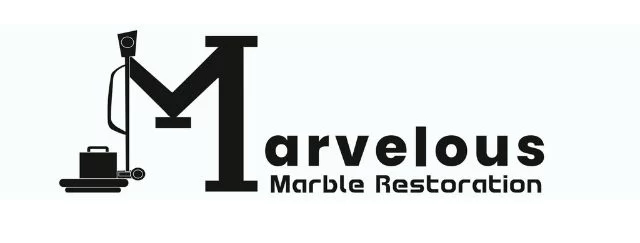

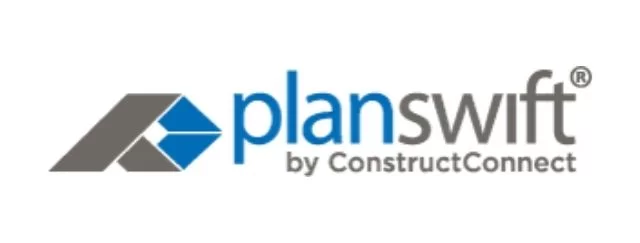
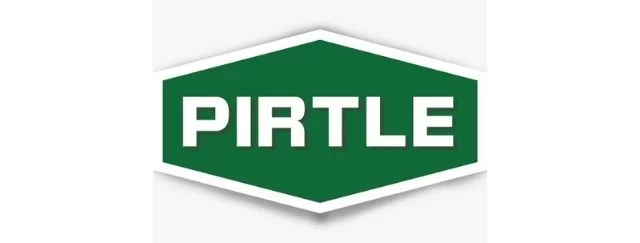

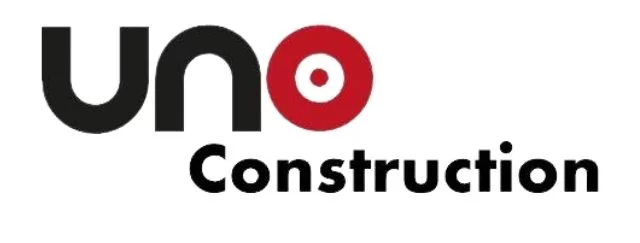
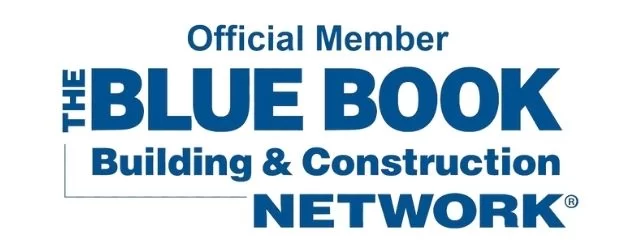
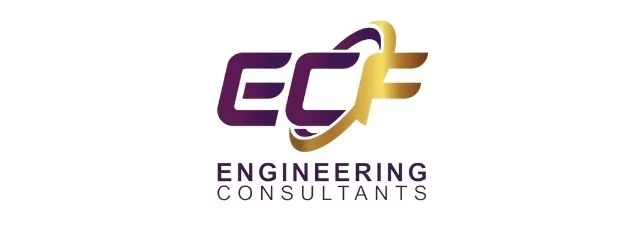



What Our Clients Say?
We take pride in delivering accurate, timely, and reliable estimates that help contractors and builders win more projects. Our clients consistently praise our attention to detail, fast turnaround times, and the positive impact our estimates have on their businesses.
Estimate Florida Consulting has helped us win more bids with their fast and accurate estimates. We trust them for every project!




